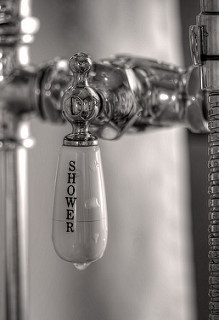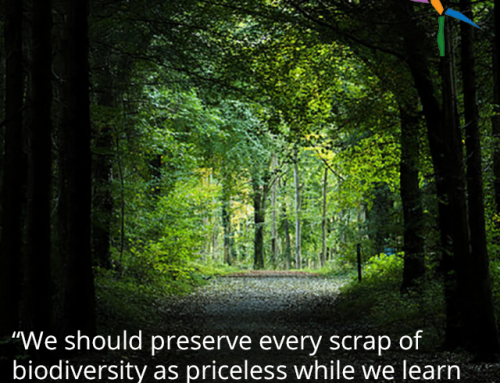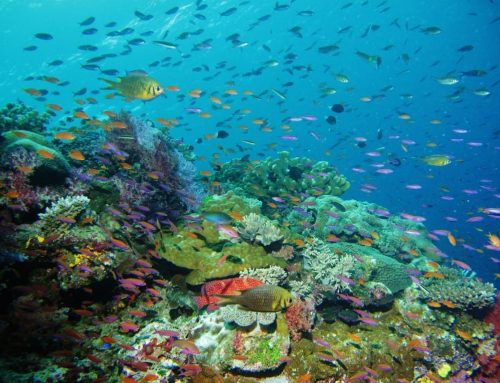Showering. We all have to do it, and (most of us) seem to enjoy it. But the global water shortage is a very real predicament even if it hasn’t been entirely felt in the United States yet. And it’s not just the global water shortage that should have you taking a second look at your home showering practices. Energy resources and product toxins all play a role in the carbon footprint left behind when we shower. What are five great ways to be more eco-friendly when you take a shower? Here are our tips!
Shower Short – and Less Often!
How many times per day and for how long do you shower? While in recent decades, it’s become considered “normal” for many to shower several times per day, be sure to keep in mind that as recently as the 1950s many children (and even adults) only bathed weekly. We’re not suggesting that you cut down to only one bath or shower per week. The reality is that hygiene expectations have changed along with the times. What we are suggesting is that you evaluate if you need two-to-three showers per day or not and how long you need to stay in the shower. Less is more. Less is more!
Turn Off the Hot Water
Again, nobody’s advocating that you limit yourself to only entirely cold showers! Hot showers feel good. They also, though, are bad for your skin (they dry it out) and they use a significant amount of fossil fuel to heat the water (unless you are a rock star with a solar or alternative energy powered hot water heater). You may be surprised after you try it that a lukewarm shower is actually just as relaxing. Of course, when you need one, indulge in a hot shower. Just understand that steaming hot water for thirty minutes per day has a significant impact on both the water shortage and the energy shortage.
Consider Rain Water Collection
If you live in an urban environment, it may not be possible. And even in some non-urban environments, rain water collection is actually illegal. (Yes, that’s true). But in many areas of the country, you can reduce your carbon footprint by using your own collected rainwater as your water source. Among the benefits of this, you’ll develop a more intimate relationship with understanding how much water naturally happens in your environment and how precious it really can be. You’ll also likely save on some of your water bills! Just make sure that you know the laws and stipulations of where you live. Rain water isn’t always a public resource that you can privately use.
You Don’t Need a Clean Towel Every Day!
Unless you are using your towel to physically remove mud from your body, you don’t need a clean one every day! Think about it logically – you are using a towel to dry off your newly cleaned body. The towel itself is not getting dirty in the process because you have gotten clean prior to using the towel! However, in many American households the standard is to use a towel, throw it in the laundry and then use a clean one the next time. Every time you do that, you increase both your water and energy footprint when your laundry loads are unnecessarily large. While everybody has to find their own comfort-zone with how often they need a clean towel, we think once a week is substantial.
What Else is On in the Bathroom While You Shower?
Yes, you need to have a light on, and we don’t question a shower radio, but how many electrical appliances do you really need to have on while you’re showering? Do you need the vanity mirror light on as well? What about the bathroom vent? Does your electric toothbrush really need to still be charging? Just because you’re in the bathroom, it doesn’t mean that everything in the bathroom needs to be on, using up energy resources.
Being clean of body is important, but keeping a clean planet is equally important. Do what you can to keep both you and your home (planet) clean!
Are you glad (or maybe disappointed) that we didn’t suggest group showers? Have an idea on how to reduce waste during shower time? Tell us about it on Facebook, Twitter, Pinterest or Instagram.
Photo Credit: PhotoAtelier via Flickr





